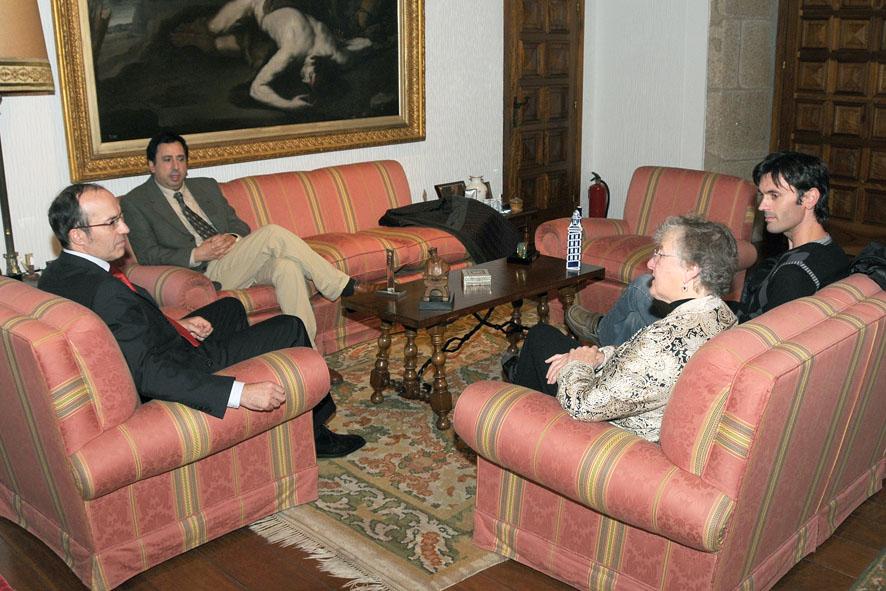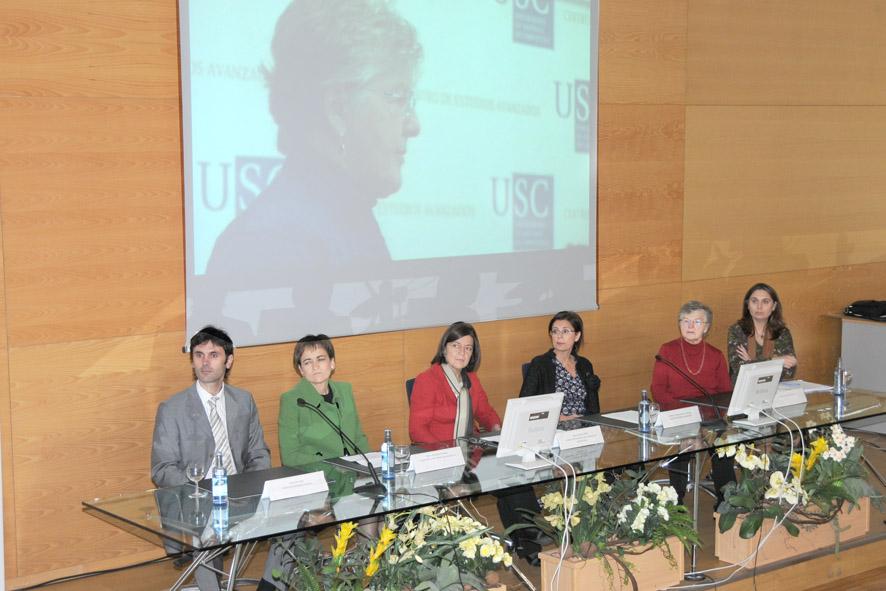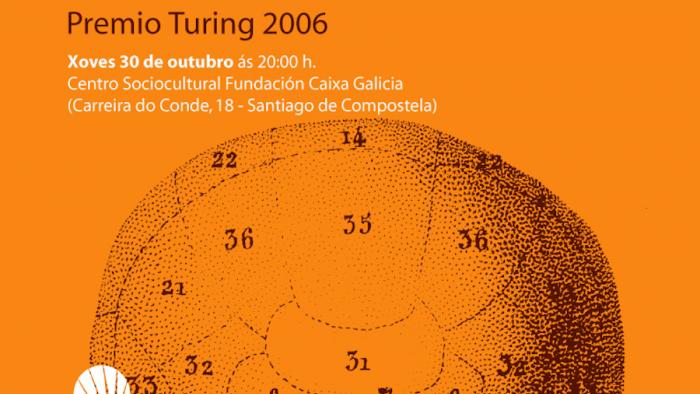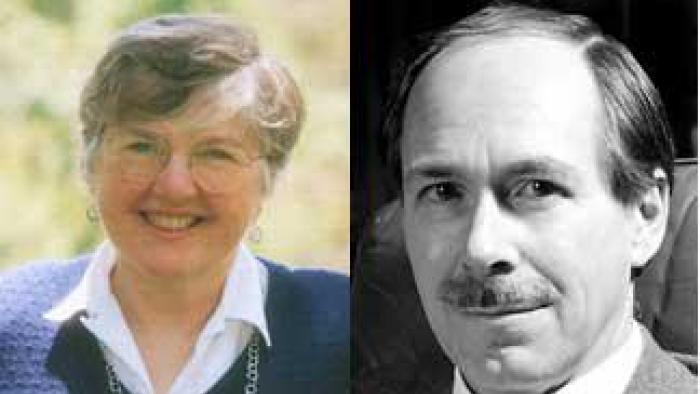
The Turing prize is thought of as the "Nobel Prize in computer science". The prize is named after Alan Mathison Turing, the British mathematician considered to be the father of computer science and of artificial intelligence.
The prize is awarded to those persons who "have made long lasting contributions, which are technical in nature and vital to the community of computer science".
The prize was created in the mid 60s and in more than 40 years of awarding this prize only one has gone to a woman, Frances Elizabeth Allen, "For her contributions that have fundamentally improved the performance of computer programs and accelerated the use of high performance computer systems".
From the presitigious IBM Thomas Watson Research Center, she has put in place the technical and practical foundations of automatic compiler optimization (that part of the computer in charge of translating the instructions in a computer program into instructions which the machine can understand) and the automatic parellelization of programs (the completion of a repetitive task, performed by multiple processors at the same time). She identified a number of techniques which contribute to improving the efficiency of such systems and are still used in current compilers today.
On top of her scientific successes, she has distinguished herself through her work on behalf of women's opportunities in science, especially in the areas of engineering and computation, where their presence continues to be in a minority.





